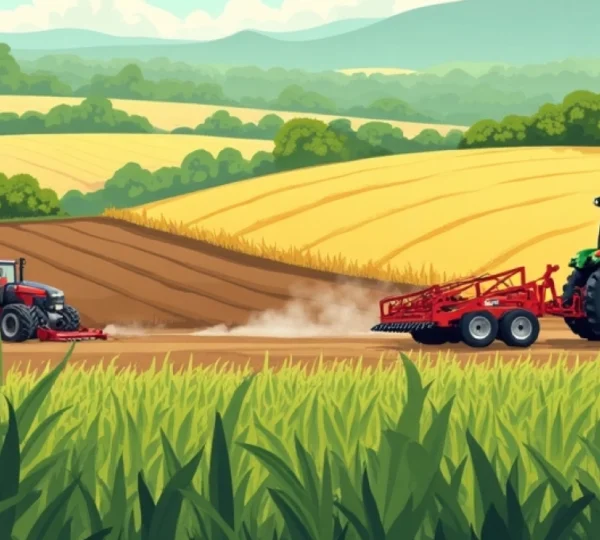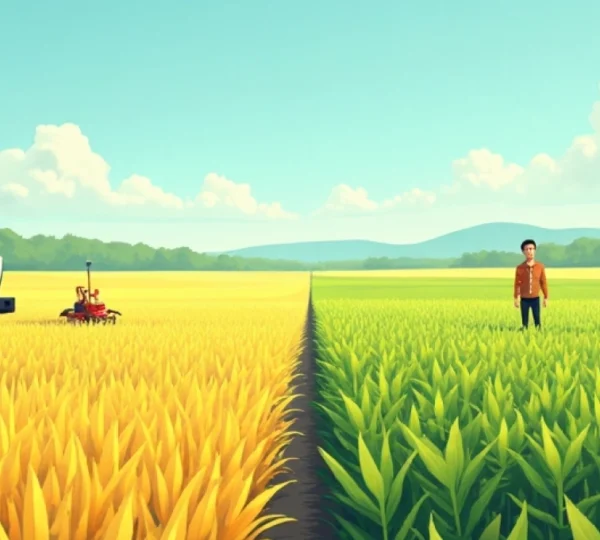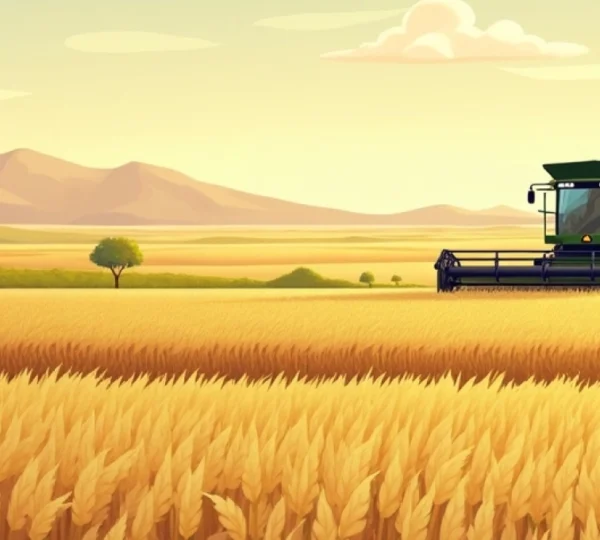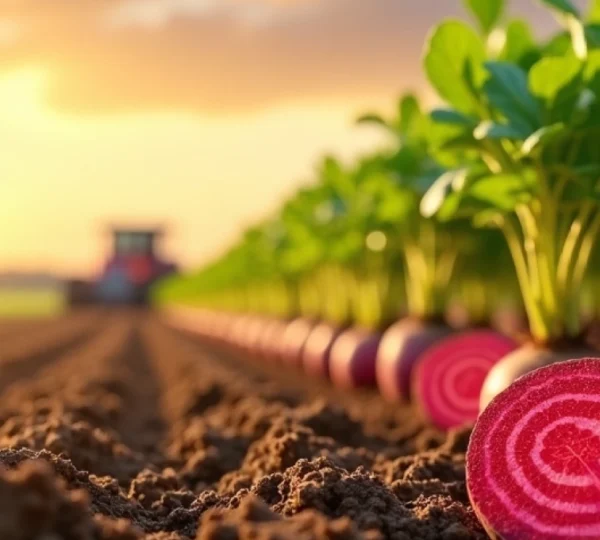Crops and plant production

Photoperiodism in crops: why day length matters for plant development?
Photoperiodism, the response of plants to day length, plays a crucial role in crop development and productivity. This phenomenon influences key stages of plant growth, from germination to flowering, and ultimately affects yield. Understanding photoperiodism is essential for farmers, agronomists,…
Read more
What are cover crops and how do they benefit your soil and future harvests?
Cover crops are a powerful tool in the sustainable agriculture toolkit, offering a myriad of benefits for soil health, crop productivity, and environmental stewardship. These non-cash crops, planted between main crop seasons or alongside cash crops, serve multiple functions beyond…
Read more
Cotton remains one of the world’s most important industrial crops
Cotton, a versatile and ubiquitous fibre, continues to play a pivotal role in the global textile industry and beyond. With its rich history spanning thousands of years, cotton has evolved from a simple agricultural product to a complex commodity that…
Read more
Crop densification: how plant spacing affects yields and pest resistance?
Plant spacing strategies have become a critical factor in modern agriculture, influencing crop yields, pest resistance, and overall farm efficiency. As global food demand rises and arable land becomes scarcer, farmers and agronomists are increasingly turning to crop densification techniques…
Read more
What makes rapeseed one of the most important oilseed crops?
Rapeseed, scientifically known as Brassica napus, has emerged as a powerhouse in the world of oilseed crops. Its versatility, nutritional profile, and economic significance have propelled it to the forefront of global agriculture. From its humble beginnings as a relatively…
Read more
Perennial crops vs. annual crops: which is better for long-term farming success?
The debate between perennial and annual crops has intensified as farmers, researchers, and policymakers seek sustainable solutions for long-term agricultural success. With increasing concerns about soil health, climate change, and food security, the choice between these two cropping systems has…
Read more
Why are sunflowers a valuable crop in both food and energy production?
Sunflowers, with their iconic golden petals and towering stalks, have long captured human imagination. But beyond their aesthetic appeal, these versatile plants play a crucial role in both food and energy sectors. Their ability to thrive in diverse climates, coupled…
Read more
Farming barley: from soil prep to harvest
Barley cultivation is a cornerstone of modern agriculture, offering versatility for both food and feed production. This resilient grain crop thrives in diverse climates and plays a crucial role in the brewing industry. Mastering barley farming requires a deep understanding…
Read more
How climate change is reshaping crop production across the globe?
Climate change is profoundly altering the landscape of global agriculture, challenging farmers and researchers to adapt to rapidly shifting conditions. As temperatures rise and weather patterns become increasingly unpredictable, crop production faces unprecedented hurdles. From altered growing seasons to the…
Read more
Sugar beet farming: cultivation practices and industrial uses
Sugar beet cultivation has become a cornerstone of the global sugar industry, providing a vital source of sucrose for countless products. This remarkable root crop, scientifically known as Beta vulgaris, thrives in temperate climates and offers a sustainable alternative to…
Read more